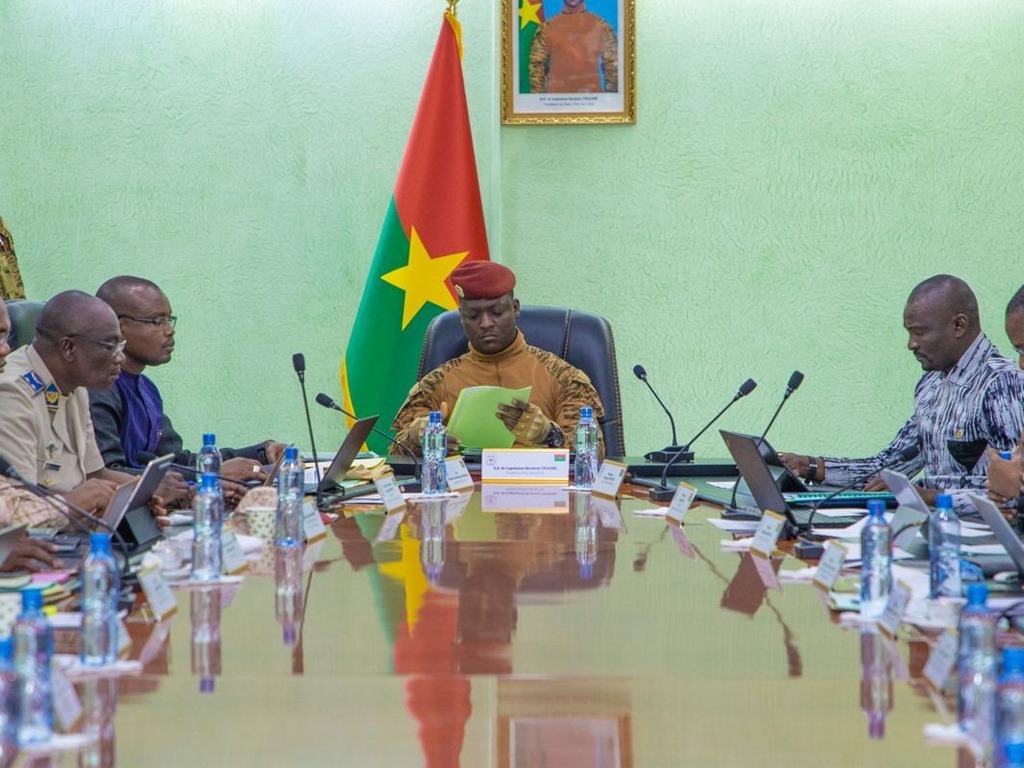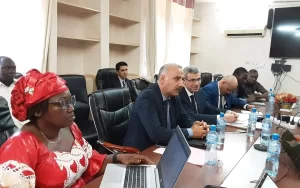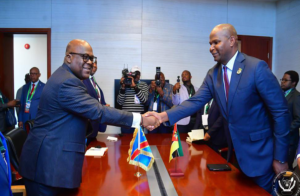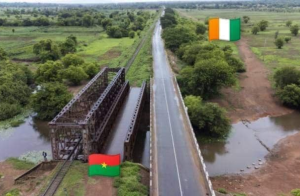Africa/AES: Hard work, tenacity and patriotism, the keys to Burkina Faso’s success

Burkina Faso has embarked on an unprecedented national transformation, driven by a visionary leadership that challenges conventional governance models. The country has systematically converted structural challenges into development opportunities.
The national strategy stands on three critical pillars: transparent governance, massive human capital investment, and pragmatic developmental approaches.
Each sector – economy, education, health – underwent targeted, strategic reforms.
The innovation lies in a collective governance model. Instead of vertical leadership, the government created an ecosystem where every administrative actor becomes a change agent.
This approach mobilized individual energies toward a unified national objective.
The outcome transcends mere economic indicators. It represents a social renaissance where resilience replaces fatalism, solidarity becomes a operational principle, and every citizen feels integral to national transformation.
Burkina Faso demonstrates that authentic development isn’t decreed but collectively constructed through unwavering determination and strategic vision.
The nation emerges as a testament to collaborative progress, challenging traditional narratives of developmental challenges in African contexts.
See also: Burkina Faso: President Ibrahim Traoré, a fervent advocate of quality public infrastructure for sustainable development
Papa IBRAHIMA











